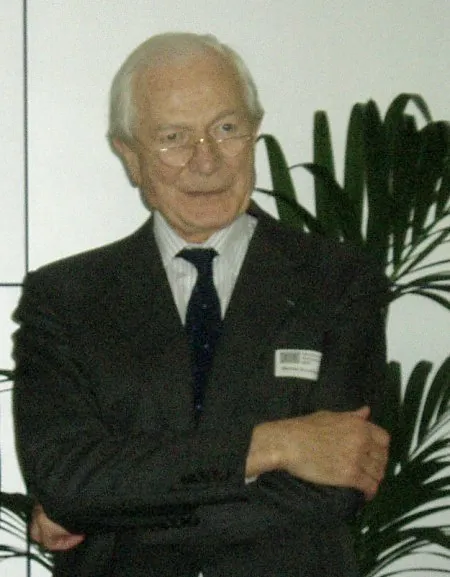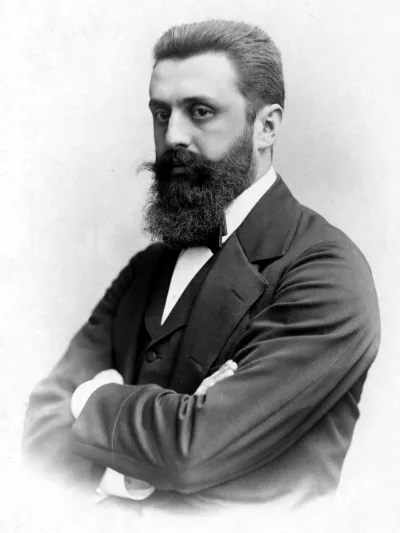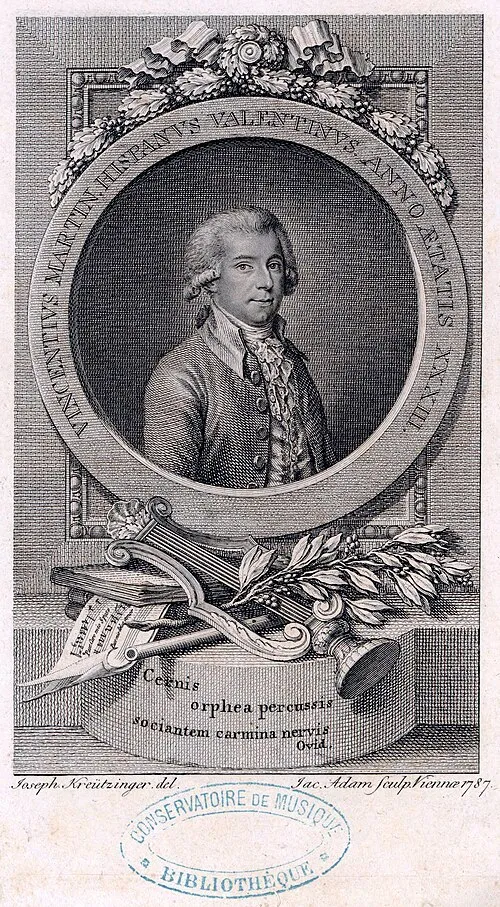
Full Name: Jacques Rogge
Birth Year: 1942
Nationality: Belgian
Profession: Businessman
Death Year: 2021
Notable Position: Former President of the International Olympic Committee
1942 – Jacques Rogge, Belgian businessman (d. 2021)
In the quiet yet industrious streets of Ghent, Belgium, in 1942, a future titan of sport and commerce emerged into the world. Jacques Rogge was born during a tumultuous time when World War II raged on, shaping not only nations but also the aspirations of individuals. From an early age, it seemed that his life would be intertwined with challenges that would demand both resilience and vision.
Growing up in a post-war Belgium, Jacques found himself navigating the complexities of a society eager to rebuild and redefine itself. However, rather than following conventional paths laid out before him, he embraced sports with unyielding passion. It was through rugby that he first tasted victory not just in games but also in lessons about teamwork and leadership. His keen intellect led him to study medicine at the University of Ghent; yet ironically, his heart remained firmly rooted in athletics.
Upon finishing his studies, Rogge didn’t immediately step into a life solely dedicated to sport administration or business he opted for an unconventional route by pursuing a career as an orthopedic surgeon. Perhaps this medical training provided him with invaluable insights into human performance and perseverance a unique perspective that would serve him well later on.
During these formative years as a doctor and while making significant contributions to sports medicine Rogge also indulged his love for rugby. He became not only a player but eventually transitioned into coaching roles. Who knows how many young athletes were inspired by his blend of compassion and discipline? This duality doctor by day and athlete by night shaped his worldview profoundly.
As he moved into the late 1970s, there was an undeniable shift occurring within Rogge’s ambitions; he began to view sport through another lens: administration. In 1989, having already established himself as an influential figure within Belgian rugby circles, Rogge made waves when he took on responsibilities at the Belgian Olympic Committee (BOC). However, this move was more than just professional growth; it marked the beginning of what would become an illustrious career on global platforms.
The 1990s proved pivotal for Rogge as he stepped onto larger stages the international sports community awaited fresh leadership amidst changing times. His increasing involvement with the International Olympic Committee (IOC) saw him take part in various initiatives aimed at modernizing and revitalizing Olympic governance. Despite this daunting task amid rising controversies surrounding corruption within some sports federations worldwide, he stood firm like an unwavering lighthouse guiding boats through foggy waters.
Fast forward to 2001: After years of hard work behind closed doors and steady networking among influential figures across continents Rogge achieved what many dreamt of but few realized a seat at the helm as President of IOC! With tremendous enthusiasm flooding from every corner upon learning about his election victory came new responsibilities fueled by visions for future Games filled with integrity!
Early Life and Education
Rogge was born into a family that valued education and athleticism, which inspired his lifelong passion for both. He studied at the University of Ghent, where he earned a degree in medicine before moving on to specialize in sports medicine and orthopedics. This academic background gave him a unique perspective on the challenges faced by athletes, which he would later address during his tenure at the IOC.
Career in Sports Administration
Rogge began his journey in sports administration in the late 20th century. His involvement with the IOC started as a member in 1991, and by 2001, he was elected President. His presidency, which lasted until 2013, was marked by several significant achievements. Rogge was a staunch advocate for Olympic values, focusing on enhancing youth participation in sports and promoting the importance of the Olympic Movement in fostering peace and understanding among nations.
Key Achievements
During his presidency, Rogge oversaw the Olympic Games in Athens (2004), Beijing (2008), and London (2012). His approach helped to modernize the Games, ensuring they remained relevant in a rapidly changing world. Rogge championed initiatives aimed at combating doping in sports and enhancing the well-being of athletes, setting new standards for transparency and fairness.
Moreover, he played a critical role in introducing new sports into the Olympic program, helping to broaden the appeal and participation in the Games. His emphasis on sustainability and environmental responsibility is also noteworthy; under his leadership, the IOC made strides toward more eco-friendly Games that respected the host countries' culture and environment.
Legacy and Impact
Rogge's impact on the Olympic Movement is profound and lasting. After stepping down as president, he continued to contribute to sports in various capacities, both within and outside the IOC. His unwavering commitment to promoting health and well-being through sports has inspired countless individuals worldwide.
Jacques Rogge passed away on 2021-08-29 in Lausanne, Switzerland, leaving behind a legacy that will continue to influence future generations. He is remembered not only for his administrative skills but also for his genuine passion for sports and his belief in its power to unite people.
A New Era Begins
This presidency wasn’t merely about maintaining traditions; rather it ushered in transformative ideas shaping today’s Olympics landscape! Under Rogge’s guidance from 2001 until 2013 a period spanning two Olympics he championed inclusivity campaigns advocating equal representation across genders among participating athletes while fiercely tackling doping scandals plaguing competitive arenas!
The Unforeseen Challenges
- Doping Scandals: When faced head-on with revelations concerning performance-enhancing drugs infiltrating various competitions during both summer/winter seasons… they needed swift action!
- Sustainability: Notably driven towards ensuring environmentally responsible practices during events like Sochi Winter Olympics (2014), where issues arose regarding ecological impacts…
- Crisis Management: Ironically enough…it wasn’t just sports battles requiring negotiation skills! The IOC encountered serious financial strains threatening overall operations during global economic downturns affecting sponsorship deals tremendously…
No doubt leadership carried its burdens it required deft diplomacy alongside ethical fortitude enabling consensus building amongst member states reflecting diverse cultural identities!
A true turning point arrived post-2008 Beijing Summer Games where international attention refocused onto human rights dialogues emphasizing fair treatment across nations globally.Despite fierce backlash stemming from various stakeholders demanding action towards social justice reforms…the choices made outlined priorities establishing transparency protocols moving forward crucially shifting public perception surrounding Olympic values!Legacy Forged< br/>< p>The closure mark signifying end term presidency left echoes resounding long after stepping down they weren’t mere accomplishments captured under trophies or medals…but narratives crafted showcasing triumph over adversity celebrating unity transcending borders bringing together countless diverse peoples united through shared experiences encapsulated within essence embodying spirit built around Olympism!
This profound legacy carries immense weight continuing even today resonating amongst younger generations striving toward dreams fueled passion inspiring ambition pushing boundaries set forth their predecessors like Jacques who believed fervently greater achievements await those daring challenge limitations imposed externally!













